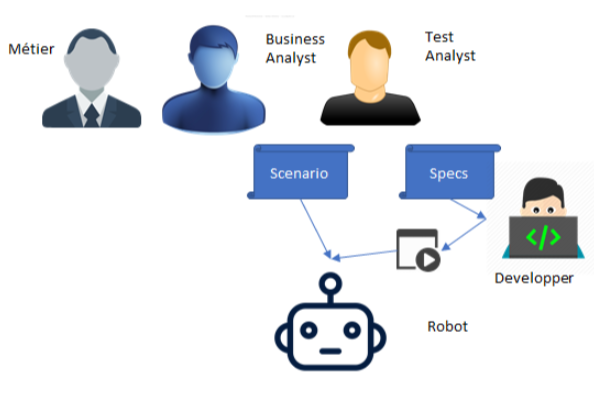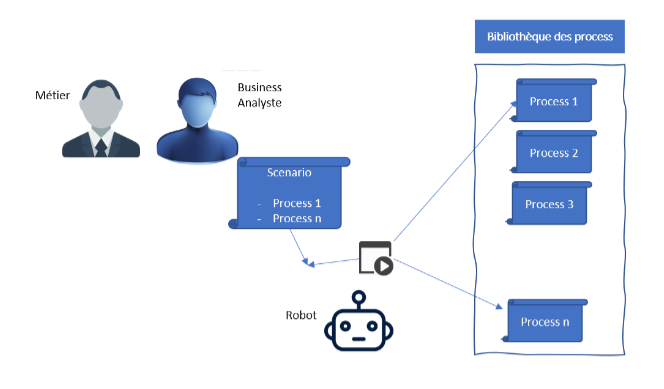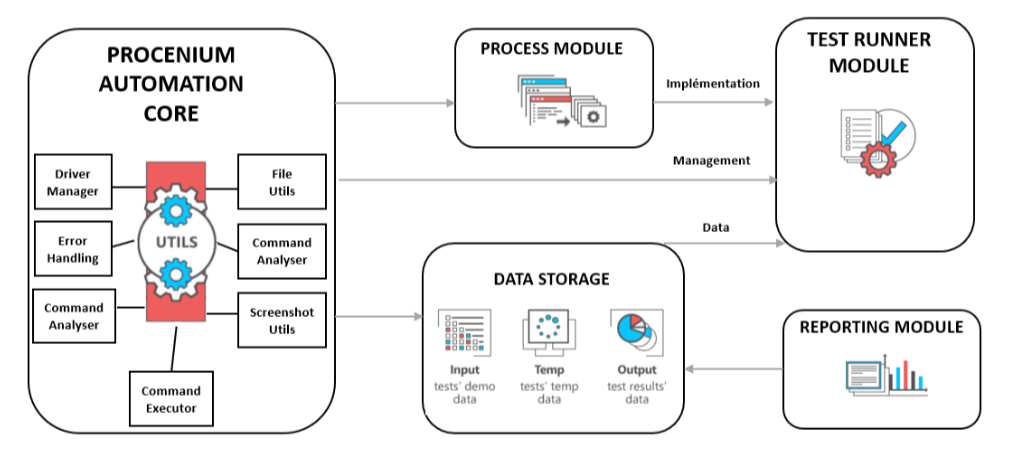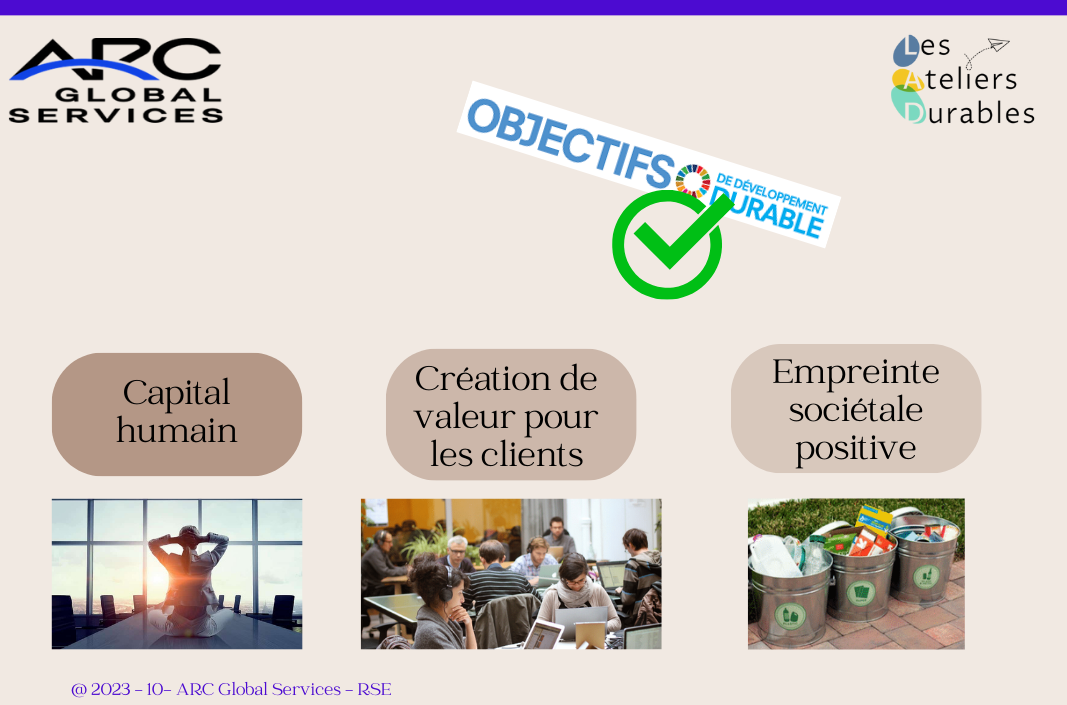Patches, version upgrades and functional changes represent the life cycle of information systems. In order to keep a high level of quality, it is essential to launch test campaigns every time you intervene on the system to ensure non-regression, not only functional but also technical. The automation of these tests will necessarily bring added value to customers by improving quality and optimising resources.
So, can we conclude that all clients use automated testing? Based on Fekra Global Services’ experience feedback, the answer is NO, especially for functional tests. That’s understandable.
Many tools exist today to perform technical tests, whether they are unit tests, load tests, acceptance tests, etc.
However, from a functional point of view, it is different: we can note a gap between clients’ functional expectations and existing solutions.
The main obstacle is transition: how to move from manual to automated tests, how can hundreds of scenarios written to be executed by a human be understandable and executable by a robot? That is the missing link today and, in this context, Fekra Global Services has introduced its new automated testing tool: Procenium.
Procenium is Fekra Global Services’ tool to perform functional and technical automated tests.
From a functional point of view, Procenium is based on a specific logic for writing test scenarios. The logic is:
1 test scenario = 1 test case
In most manual scenarios today, the logic is:
1 test scenario = N test cases
What does it mean?
You need to use more ‘IF… THEN’… in a same scenario.
To make Procenium efficient, you must think process when writing a test scenario. A process is a series of reusable actions in different scenarios.
The key factor of the process is its granularity. A well-designed process is a process implemented only once without any evolution of any kind in time and that can be used several times in different scenarios.
In order to be able to design these processes, different actors must be involved:
| Fekra Global Services |
|---|
| Test Analyst: Rephrases the scenario if necessary |
| Developer: Implements processes |
| Client |
|---|
| Business Analyst: writes the scenario |
| Business: defines functional needs |

The collaboration between the client’s business analyst and Fekra’s test analyst and
Fekra Global Services’ test analyst is essential for process design and pooling of test scenarios.
If the processes were well designed, once deployed, the client could then create new test scenarios with no development, the only requirement would be to compose the processes.


| Language | Java |
| Test tool | Selenium web driver customised version |
| Reporting tool | XML, HTML |
| Test runner | TestNG |
| Build tool | maven |
| CI tool | jenkins |
| Runtime environment | Docker-Zalenium |
| Scenario writing | Markdown files |
| Packaging | JAR |

ARC Global Services annonce l’arrivée d’Alexandre JEANNE au poste de Directeur général à compter du 1er décembre 2023. Avec cette nomination, ARC Global Services entend accélérer sa croissance au travers du développement de ses métiers et de ses partenariats. « Au nom de tous les collaborateurs d’ARC Global Services, je souhaite la bienvenue à Alexandre. […]

ARC Global Services a mené sa première enquête de satisfaction auprès de ses salariés. Nous sommes heureux et fiers de publier ici un extrait des résultats. Merci à tous nos salariés pour leur engagement au quotidien !

Du 26 septembre au 10 octobre, avec le support des équipes des Ateliers Durables, les salariés d’ARC Global Services ont suivi un premier cycle de formation aux axes prioritaires de notre démarche RSE, sous forme d’un petit déjeuner atelier alternatif et responsable, avant 3 séminaires sur la vitalité au travail, le travail en open […]
N'hésitez pas à nous contacter si vous avez besoin de plus d'informations Nous contacter